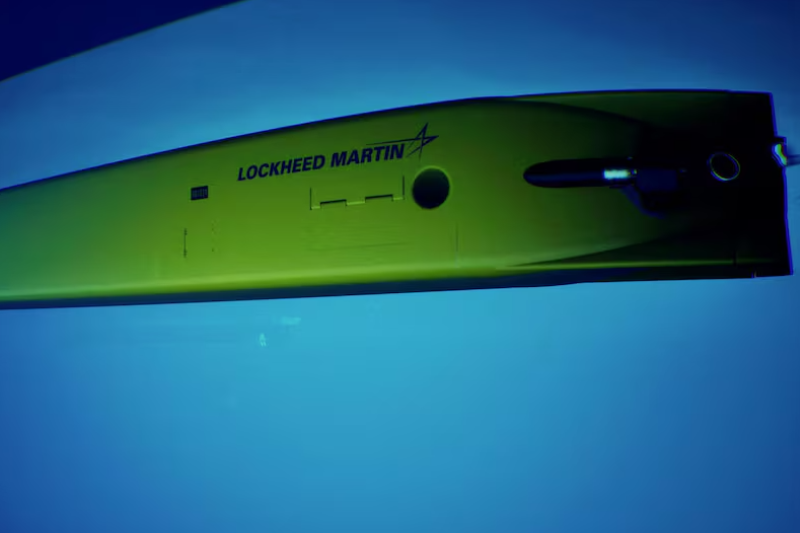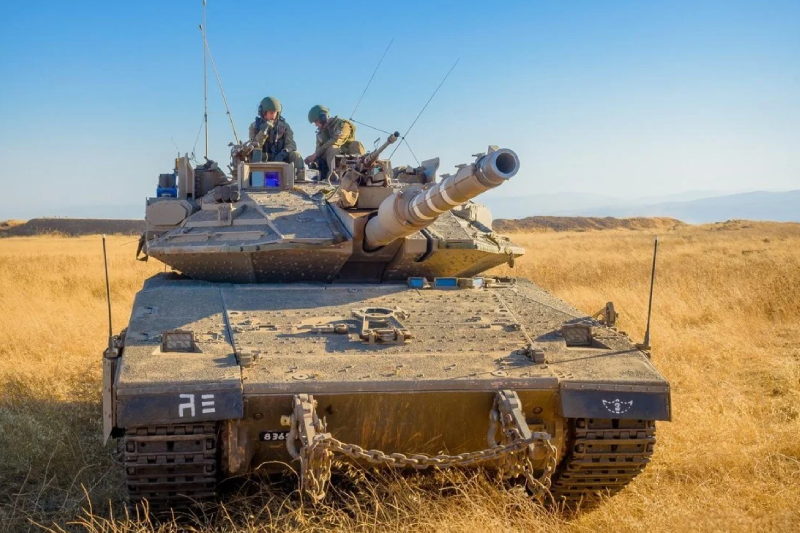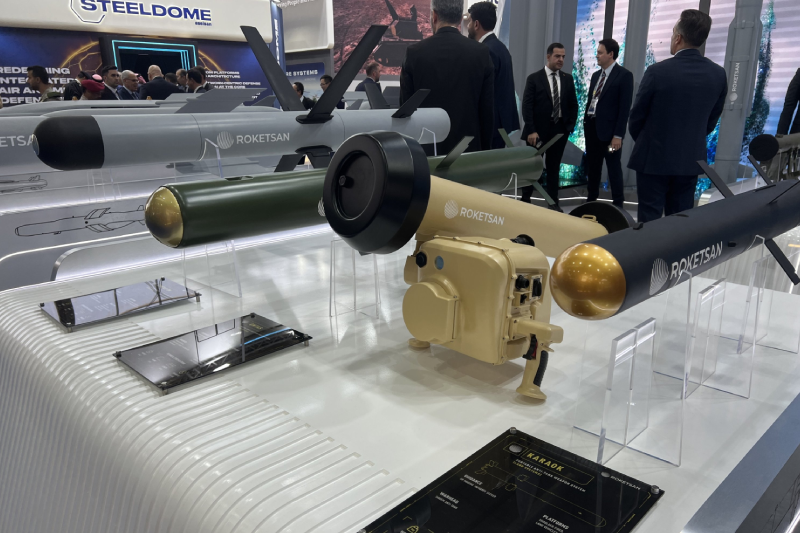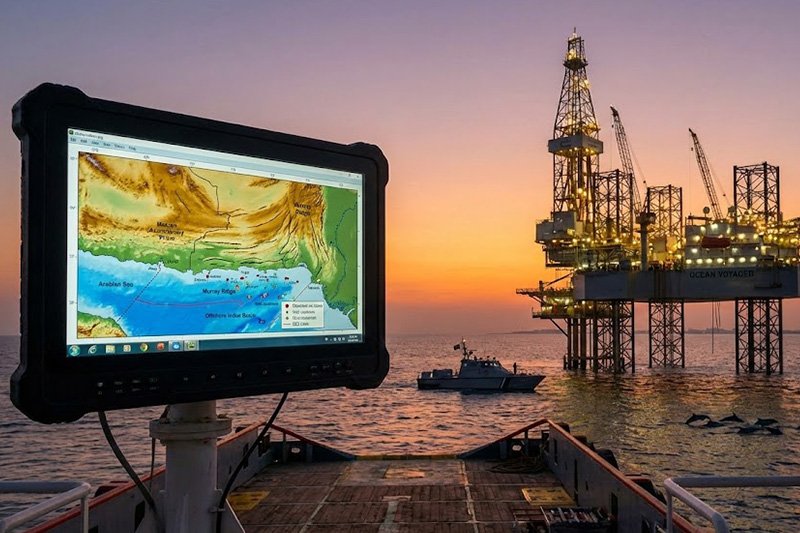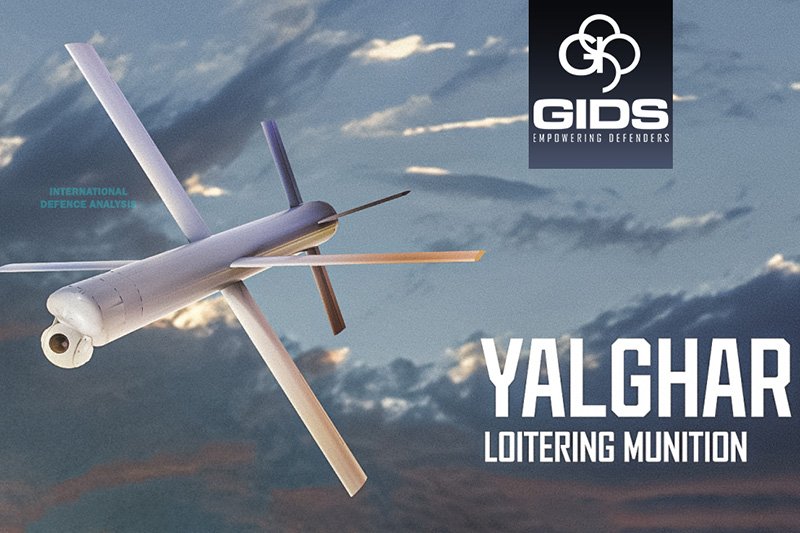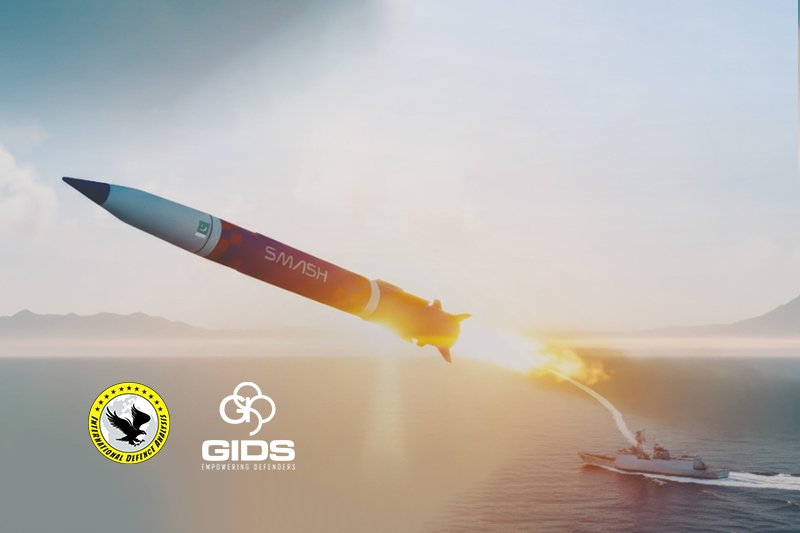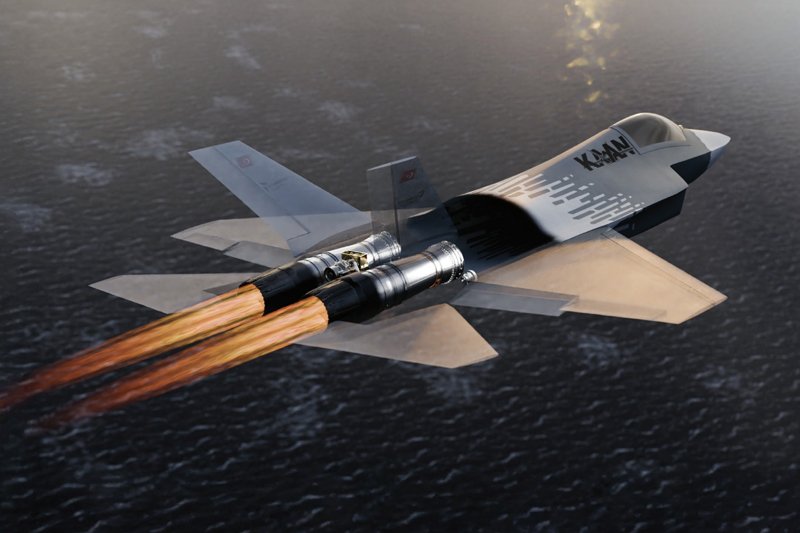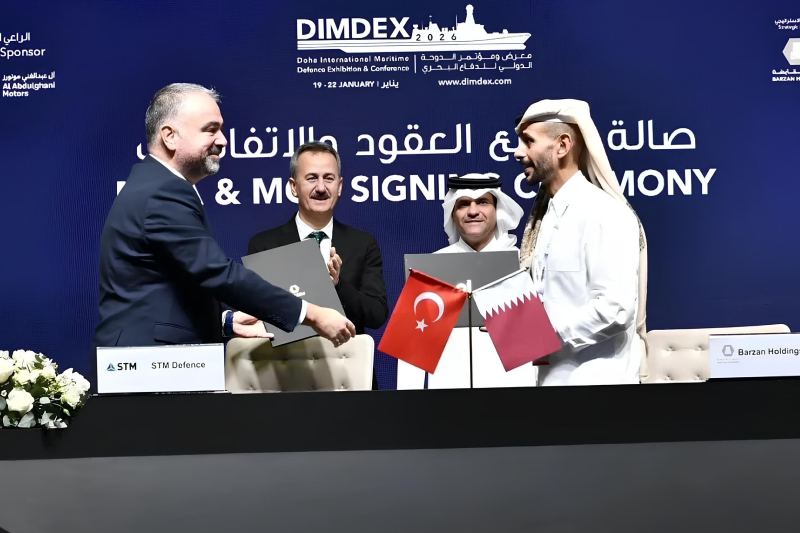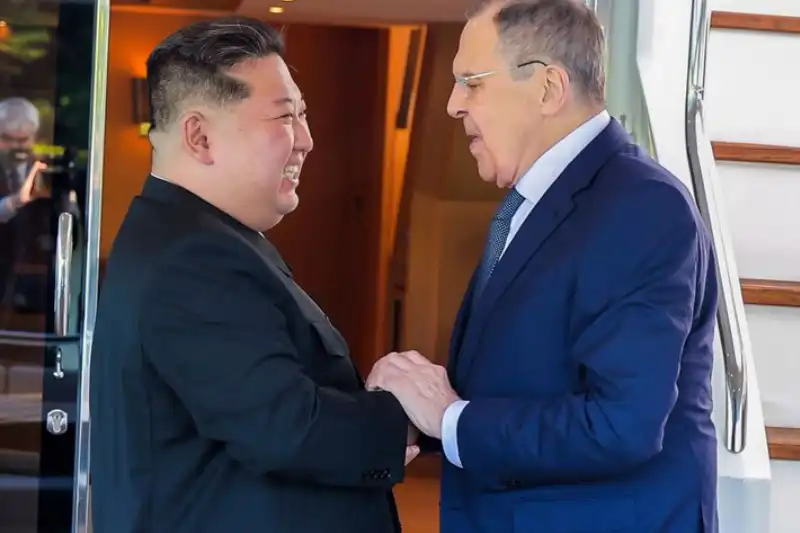North Korea Reiterates Support for Russia’s Invasion of Ukraine
North Korean leader Kim Jong Un has offered Moscow his “unconditional support” for Russia’s war in Ukraine, according to state media reports. This declaration comes as the military partnership between Pyongyang and Moscow continues to deepen, with significant implications for the ongoing conflict and global security dynamics.
During talks with Russian Foreign Minister Sergei Lavrov in North Korea, Kim Jong Un stated that Pyongyang stood by “all the measures taken by the Russian leadership” to tackle what he termed the “root cause of the Ukrainian crisis.” This diplomatic exchange demonstrates the strengthening alliance between the two nations amid international isolation.
According to North Korean state media KCNA news agency, Kim and Lavrov met on Saturday in “an atmosphere full of warm comradely trust.” The meeting’s tone suggests a deepening personal and political relationship between the leadership of both countries, reflecting their shared opposition to Western influence.
The North Korean leader expressed a “firm belief that the Russian army and people would surely win victory in accomplishing the sacred cause of defending the dignity and basic interests of the country.” This statement represents a direct endorsement of Russia’s military objectives in Ukraine and demonstrates Pyongyang’s commitment to supporting Moscow’s war effort.
Western officials believe Pyongyang has sent an estimated 11,000 troops to Russia over the past year to fight against Ukraine. This unprecedented deployment of North Korean military personnel to a European conflict zone represents a significant escalation in the country’s international military involvement.
The troop deployment marks a dramatic shift in North Korea’s foreign policy, moving from traditional diplomatic isolation to active military participation in major international conflicts. This development has raised serious concerns among Western allies about the expanding scope of the Ukraine conflict.
Russian President Vladimir Putin launched a full-scale invasion of Ukraine in February 2022, beginning what has become one of the most significant military conflicts in Europe since World War II. The invasion has resulted in widespread international condemnation and comprehensive sanctions against Russia.
The prolonged nature of the conflict has led Russia to seek military support from allies, including North Korea, Iran, and other nations opposed to Western influence. This partnership represents a fundamental realignment of global military alliances and security arrangements.
North Korea’s renewed military support for Russia comes as US President Donald Trump has resumed military supplies to Ukraine after a brief hiatus. This policy shift demonstrates continued American commitment to supporting Ukrainian resistance against Russian aggression.
Trump told NBC News on Thursday that he had negotiated a deal with NATO for the US to send Patriot air defense systems to Ukraine via the alliance, responding to a surge of Russian aerial attacks. These advanced missile defense systems represent some of America’s most sophisticated military technology.
Pyongyang first publicly acknowledged sending troops to Russia in April, months after Ukraine and the West revealed the large-scale troop movement from North Korea to the Russian-Ukrainian frontline. This delayed acknowledgment reflects North Korea’s initial reluctance to openly discuss its military involvement.
The public confirmation of troop deployments marked a significant departure from North Korea’s traditional secrecy regarding military operations. This transparency suggests growing confidence in the partnership with Russia and willingness to openly challenge Western opposition.
Kim Jong Un signed a comprehensive accord with Russian leader Vladimir Putin in June last year, agreeing to support each other if either country was dealing with “aggression.” This mutual defense pact represents the most significant military alliance between the two nations since the Cold War era.
The agreement establishes a framework for ongoing military cooperation and mutual support, creating a formal alliance structure that challenges existing international security arrangements. This partnership has profound implications for regional stability and global security dynamics.
Apart from soldiers, North Korea also promised to send thousands of workers to help rebuild Russia’s war-torn Kursk region, according to statements from Moscow’s security chief last month. This civilian support component demonstrates the comprehensive nature of North Korean assistance to Russia.
The deployment of North Korean workers to Russian territory represents an expansion of bilateral cooperation beyond military support to include economic and reconstruction assistance. This arrangement provides North Korea with additional revenue sources while supporting Russian war efforts.
The deepening North Korea-Russia partnership has significant implications for international security architecture. The alliance challenges existing Western-led security arrangements and creates new dynamics in global conflict resolution and diplomatic negotiations.
The partnership also demonstrates how international sanctions and isolation can drive countries together in opposition to Western influence, potentially creating more resilient authoritarian alliances that are difficult to counter through traditional diplomatic and economic pressure.
The North Korea-Russia military partnership has generated significant concern among regional allies, particularly South Korea, Japan, and the United States. These nations have responded with enhanced trilateral cooperation and strengthened defense capabilities to address the evolving threat environment.
The alliance also affects China’s strategic calculations, as Beijing must balance its relationships with both North Korea and Russia while managing its own tensions with Western nations. This complex dynamic adds uncertainty to regional security planning and diplomatic initiatives.
Also read this: Russia Unveils Mi-80 Helicopter to Replace Legendary Mi-8 ‘Hip’
The continued strengthening of North Korea-Russia cooperation suggests a long-term strategic partnership that extends beyond the current Ukraine conflict. This alliance may reshape global security arrangements and influence future international conflicts and diplomatic negotiations.
The partnership’s evolution will likely depend on the outcome of the Ukraine war, international sanctions effectiveness, and the broader competition between authoritarian and democratic nations. The alliance represents a significant challenge to Western-led international order and security architecture.
Keep connected with us at Facebook, Twitter, YouTube, Instagram & TikTok for the latest defense happening around the globe.
Discover more from International Defence Analysis
Subscribe to get the latest posts sent to your email.



